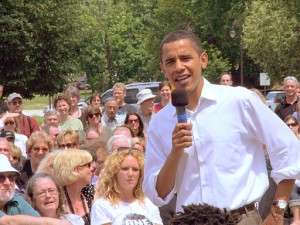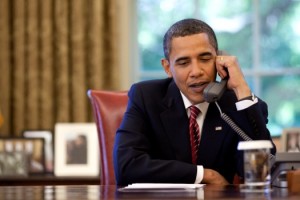 Rivalry with a coworker can be tense, uncomfortable, and–you guessed it–productive. While we may attempt to quell competitive dynamics with workmates, the tension can be instructive. Hillary Clinton recently worked her 2008 tussle with Barack Obama to poetic effect.
Rivalry with a coworker can be tense, uncomfortable, and–you guessed it–productive. While we may attempt to quell competitive dynamics with workmates, the tension can be instructive. Hillary Clinton recently worked her 2008 tussle with Barack Obama to poetic effect.
In the Balkans last month to promote unity between Herzegovina and Bosnia, the Secretary of State recounted a heated time in her past:
Mrs. Clinton said the United States supported constitutional reform, but she added that Bosnia could not move forward unless its Serbs, Muslims and Croats figured out a way to put country ahead of ethnicity. That, she said, is what she and her former rival, and current boss, did.
“I tried to beat him,” Mrs. Clinton told a mixed group of students during the town hall meeting. “And he won. And then when he won, he asked me to work for him.”
“I’m often asked how could I go to work for President Obama after I tried to beat him,” Mrs. Clinton added. “And the answer is simple. We both love our country. That has to be the mind-set here.”
The former US Senator from New York worked a part of her story that may have more comfortably lain buried with the past. Yet she brought it to the fore in order to make a point about the possibilities of unity against complex forces. This example of using her self demonstrated her presence in the moment, indicating to her audience that she was available to think out loud with them about the complexities of the issue.
While competition has inherent merit–prompting us to engage more fully in the task, bringing out our best effort, and connecting us to those with whom we’re competing–relating the experience of battling with someone can be even more valuable. This includes expressing what the rivalry means about you, your work and your relationships. Given Clinton’s context of building world peace, talking about these sensitive dynamics is clearly worthwhile.
When have you spoken out loud to the competition you’ve felt with a colleague? What resulted?
Image of Clinton and Obama via
 Unless you’re still pursuing your formal education, you’re probably thinking “my student days are over!”
Unless you’re still pursuing your formal education, you’re probably thinking “my student days are over!”
